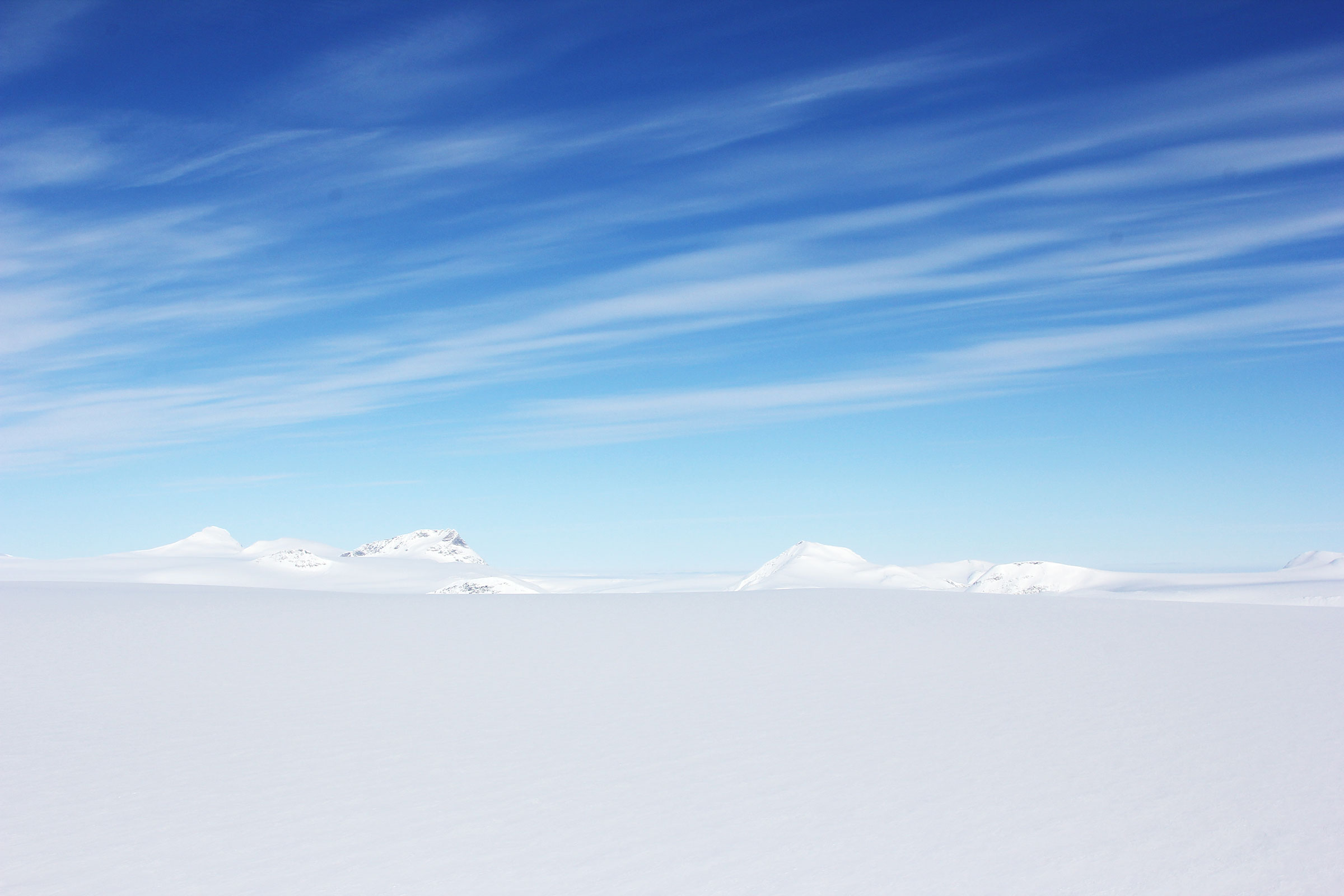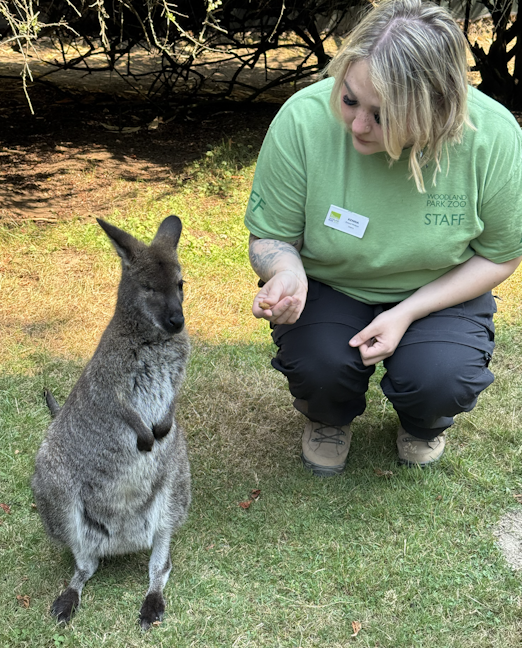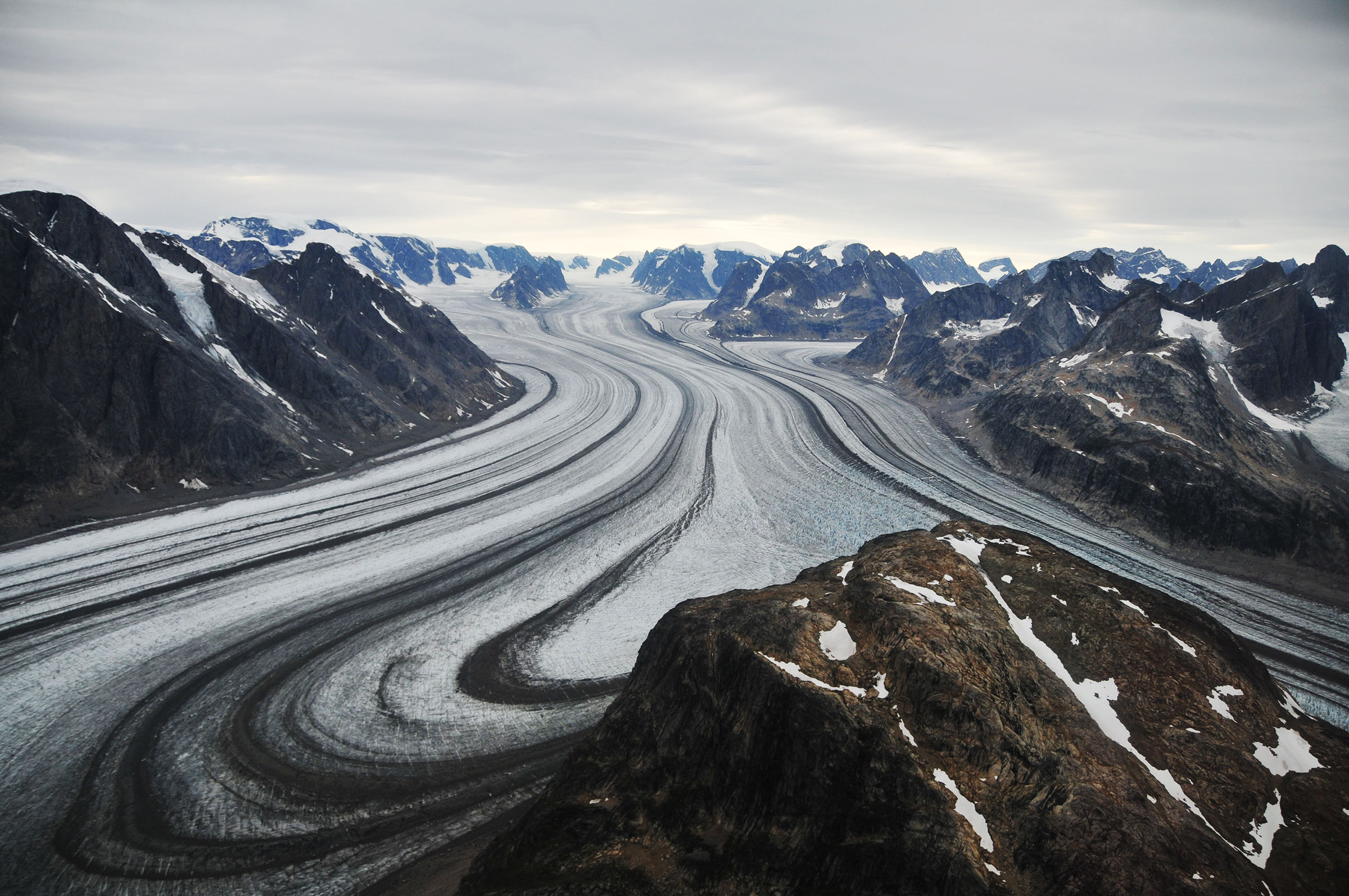
Sarah Teman
Sarah’s PhD research focuses on understanding the population health of polar bears in a changing climate. Her research has focused on developing a quantitative index of physiological dysregulation for polar bears, as well as measuring biomarkers of nutritional and reproductive health. Sarah collaborates with scientists at the USGS Alaska Science Center and the Cincinnati Zoo’s Center for Conservation and Research of Endangered Wildlife. She is supported by the National Science Foundation Graduate Research Fellowship Program, and she is a graduate student member of the Polar Bear Research Council. Sarah graduated from the University of Florida (UF) with her B.S. in Wildlife Ecology and Conservation. Her undergraduate thesis examined the foraging ecology of small mammals in Eswatini, Africa. At UF, she volunteered with the College of Veterinary Medicine’s Aquatic Animal Health Program and assisted with manatee and cetacean health assessments and stranding response. Prior to joining the UW, she worked as a research assistant for The SeaDoc Society on Orcas Island, helping to lead stranding response, health assessments, and epidemiologic research on marine mammals in the Salish Sea. Now in her free time, Sarah volunteers in marine mammal rescue and rehabilitation at SR3. Sarah’s publications can be viewed here.



